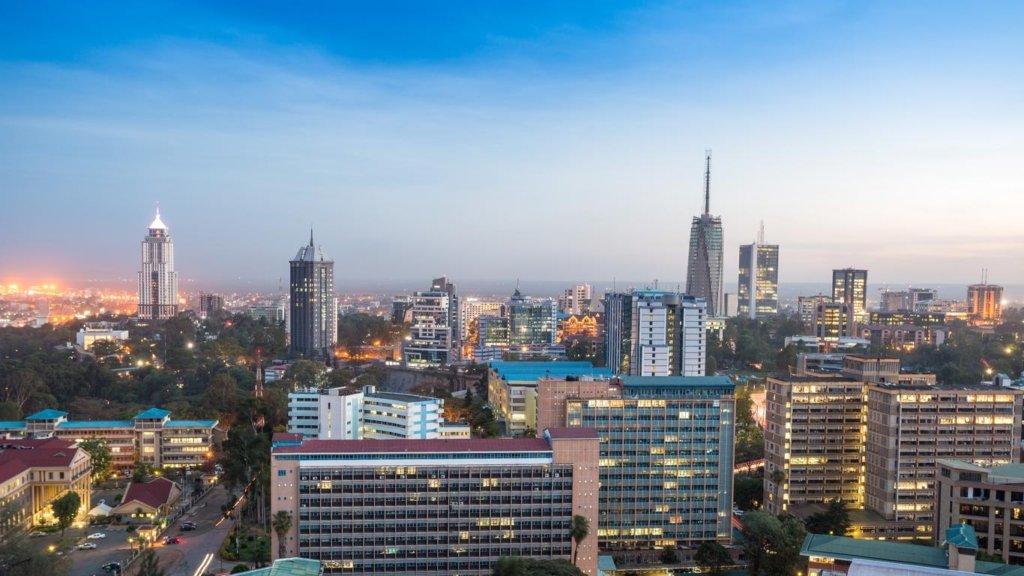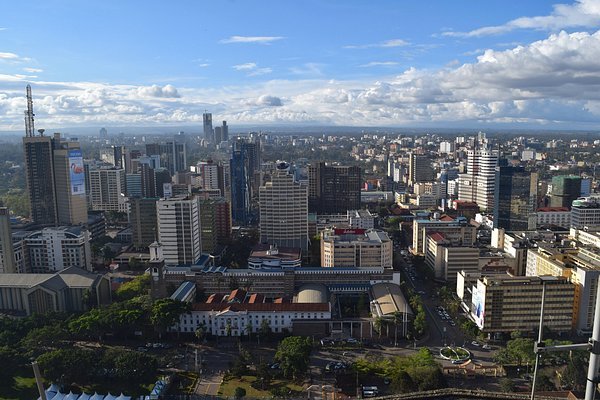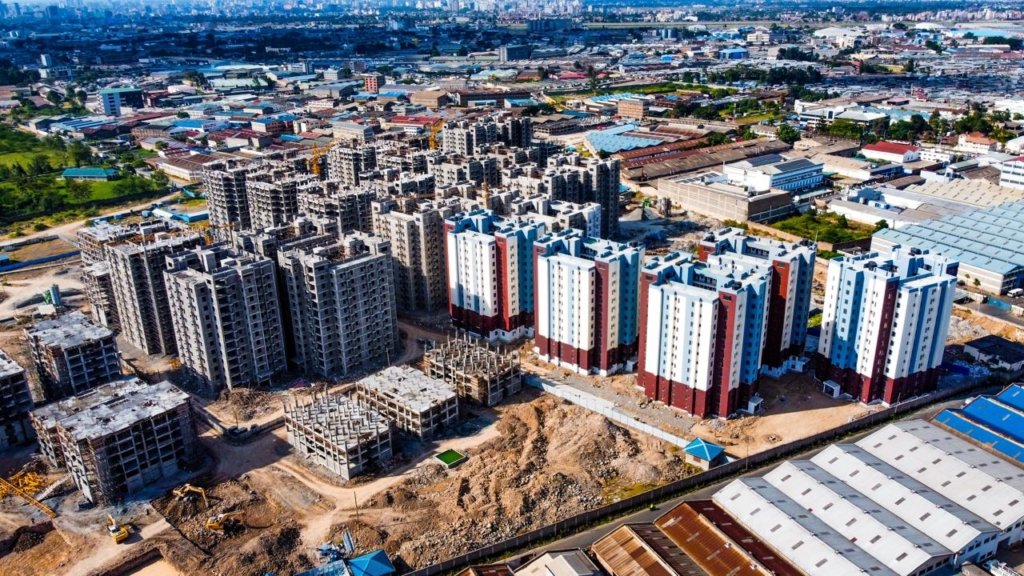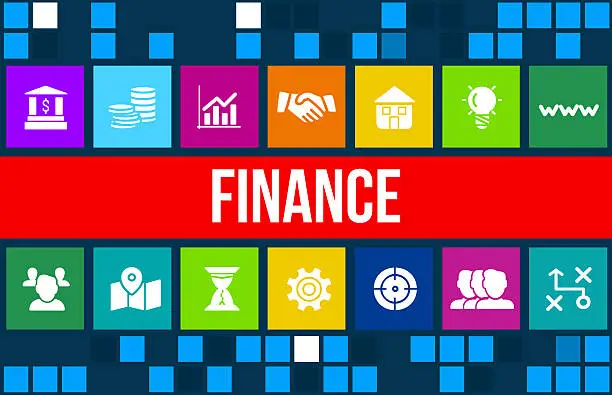Why Kenya Is a Prime Market for Real Estate Investment
Kenya is one of East Africa’s most stable economies and a regional business hub. Several factors contribute to its attractiveness for real estate investors:
Key Drivers:
- Rapid urbanization and population growth
- Government investments in transport and housing
- Rising middle class with increased purchasing power
- Expansion of Nairobi as a tech and innovation center (“Silicon Savannah”)
- Favorable land ownership laws for foreigners (leasehold up to 99 years)

Top Cities for Real Estate Investment in Kenya
Different regions offer unique investment opportunities based on demand, price trends, and future development plans.
1. Nairobi
The capital city leads in real estate innovation and investment. Popular areas include:
High demand for both rental and ownership properties makes it ideal for investors.
2. Mombasa
Kenya’s coastal city attracts tourism-driven real estate, with growing interest in beachfront properties, hotels, and serviced apartments.
3. Kisumu & Nakuru
These secondary cities are experiencing increased property demand due to expanding education institutions, healthcare facilities, and industrial zones.
4. Satellite Towns (Thika, Machakos, Ruiru)
Improved transport links have made these towns popular for affordable housing and commuter-friendly investments.

Types of Real Estate Investment Opportunities
There are several ways to invest in real estate depending on your budget, goals, and risk appetite.
1. Residential Properties
Includes apartments, townhouses, and single-family homes. Ideal for steady rental income.
2. Commercial Properties
Offices, retail shops, and mixed-use developments typically offer higher returns but require more capital.
3. Land Banking
Buying undeveloped plots in emerging areas for long-term appreciation.
4. Fixer-Uppers
Properties needing renovation sold at lower prices — investors buy, upgrade, and either rent or sell for profit.
5. Affordable Housing Projects
Supported by the government’s Affordable Housing Program, targeting middle and low-income earners.

Emerging Trends Shaping Real Estate Opportunities
Several trends are redefining how real estate operates in Kenya:
1. Digital Transformation
Online listing platforms like Realestate.co.ke and Jengo Homes are making property search easier and more transparent.
2. Smart City Developments
Projects like Konza Technopolis aim to create integrated urban ecosystems combining housing, workspaces, and leisure.
3. Green Building Initiatives
More developers are adopting sustainable practices, such as energy-efficient designs and water conservation systems.
4. Real Estate Investment Trusts (REITs)
Offering access to professionally managed portfolios without direct property ownership.

How to Start Investing in Real Estate in Kenya
Follow these steps to begin your real estate investment journey:
Step 1: Define Your Investment Goals
Are you investing for:
- Monthly rental income?
- Long-term appreciation?
- Short-term flipping?
Your goal will determine your strategy and property type.
Step 2: Choose the Right Location
Focus on areas with:
- Good infrastructure
- Proximity to schools, hospitals, and shopping centers
- Future development plans by the government or private developers
Step 3: Set a Realistic Budget
Include:
- Property price
- Legal fees and stamp duty
- Registration costs
- Renovation or furnishing expenses
Beginners can start small with studio flats or shared housing units.
Step 4: Explore Financing Options
You can fund your investment through:
- Personal savings
- Bank mortgages (offered by Housing Finance, Co-op Bank, Stanbic)
- Crowdfunding platforms like Jamii Housing
- Joint ventures or partnerships

Legal Process of Buying Property in Kenya
Understanding the legal framework ensures a smooth and secure transaction.
Steps Involved:
- Find a Property – Use platforms like Realestate.co.ke or work with a licensed agent.
- Conduct Due Diligence – Verify title deeds, check for encumbrances, and confirm ownership.
- Sign a Sale Agreement – A preliminary contract outlining terms.
- Pay Deposit – Usually 10% of the total price.
- Apply for Transfer – Submit forms at the Lands Office and pay required fees.
- Wait for Registration – Takes approximately 3–6 months.
Always involve a licensed conveyance lawyer to handle documentation and ensure compliance.

Rental Market and Returns in Kenya
Kenya offers competitive rental yields, especially in urban areas.
Average Monthly Rents (as of 2025):
- Nairobi: Studio apartment – KES 15,000 to KES 25,000
- Mombasa: One-bedroom flat – KES 12,000 to KES 20,000
- Kisumu: Single room – KES 5,000 to KES 8,000
If managing properties remotely, consider hiring a property management company to help with tenant screening, rent collection, and maintenance.
Frequently Asked Questions
Can foreigners invest in real estate in Kenya?
Yes, foreigners can lease property for up to 99 years. Freehold ownership is restricted to Kenyan citizens.
Is real estate a good investment in Kenya?
Yes, especially in urban areas where demand exceeds supply and rental yields are favorable.
What is the average return on real estate investment in Kenya?
It ranges between 4% and 8%, depending on location and property type.
Conclusion
Real estate investment opportunities in Kenya are vast and varied, offering something for every type of investor — from first-time buyers to seasoned professionals. Whether you’re looking to build a rental portfolio, flip properties, or invest in land, Kenya’s growing economy and dynamic property market provide a solid foundation for long-term wealth creation.
With the right strategy, research, and professional support, you can tap into Kenya’s booming real estate sector and grow your financial future.

Join The Discussion